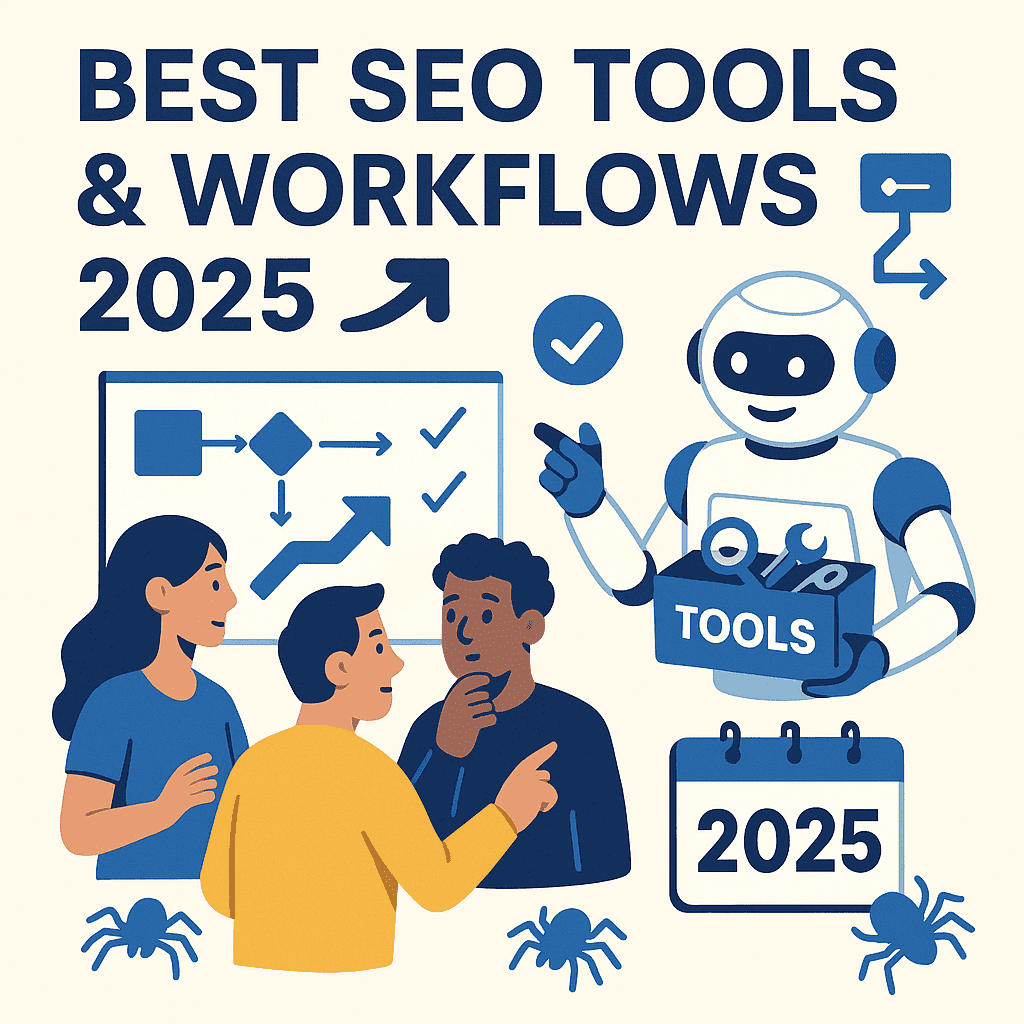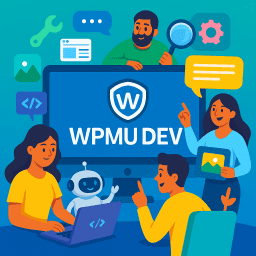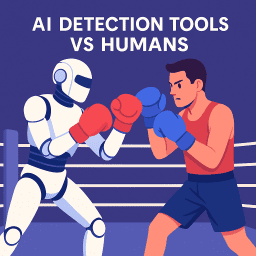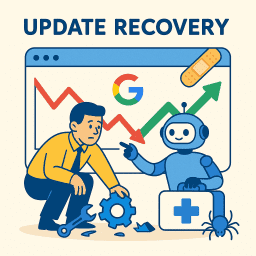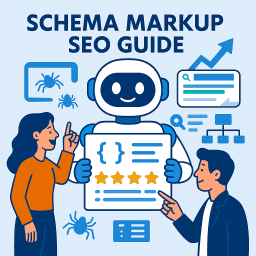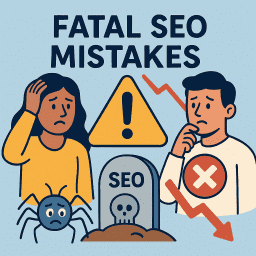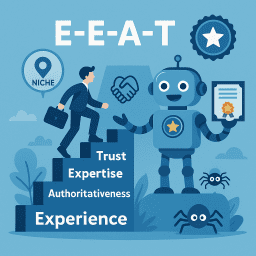Best SEO Tools & Tactics 2025: What Actually Works
Power up your rankings with smarter tools, time-saving systems, and untapped SEO opportunities
⚡ The SEO Tools, Tactics, and Workflows That Still Work in 2025
In 2025, the right SEO strategy isn’t just about what tools you use—it’s about how you use them. Automation, AI, and evolving SERPs have changed the game, but many fundamentals still hold strong. Knowing which SEO tools are worth the money, which workflows save the most time, and which underused tactics still move the needle can give you a competitive edge.
This post breaks down our top recommended tools, proven workflows that save hours, and forgotten tactics that can still deliver big results—even in today’s crowded digital landscape.
🧰 Best SEO Tools in 2025
🔍 Keyword Research
- Ahrefs: Still the gold standard for keyword difficulty and SERP features.
- Semrush: Excellent for competitive analysis and local SEO data.
- LowFruits: Perfect for finding low-competition, intent-based keywords.
- AnswerThePublic: Ideal for question-based, conversational search terms.
📝 Content Optimisation
- Surfer SEO: Great for real-time on-page optimisation and content outlines.
- Clearscope: Offers powerful content grading and keyword suggestions.
- Frase: Best for AI-powered briefs and comparison with top-ranking pages.
- NeuronWriter: Affordable alternative that supports multiple languages.
🔗 Link Building
- Pitchbox: Excellent for email outreach campaigns with automation.
- Respona: Combines link building and digital PR with AI-powered pitching.
- Hunter: The go-to for finding email addresses and verifying contacts.
- BuzzStream: Manages outreach relationships and follow-ups.
📊 Site Audits & Technical SEO
- Screaming Frog: Still unmatched for comprehensive crawling.
- Sitebulb: Visualises technical issues and prioritises fixes.
- JetOctopus: Lightweight but powerful for site structure analysis.
- Google Search Console: Always free and always essential.
📈 Reporting & Tracking
- GA4: The new standard for user behaviour analytics.
- Looker Studio: Build client-ready dashboards with ease.
- Nightwatch: Local and global rank tracking with visual insights.
- SE Ranking: Great for all-in-one tracking, audits, and reports.
🧪 SEO Workflows That Save Hours
🎯 Daily/Weekly Tasks
- Check SERP volatility with Semrush Sensor or Mozcast.
- Track top-performing pages and dips via GA4 and GSC.
- Identify competitor keyword movement with Ahrefs or SE Ranking.
🛠️ Monthly SEO Workflow
- Run a full Screaming Frog crawl for broken links and redirect issues.
- Analyse backlink growth with Ahrefs or Majestic.
- Optimise your top 10 landing pages based on click and bounce metrics.
📆 Quarterly Deep Dives
- Audit your E-E-A-T signals—bios, citations, author pages.
- Update old blog content with new data, keywords, and structure.
- Test structured data markup and fix errors flagged in GSC.
- Benchmark your brand visibility across Google, YouTube, and Reddit.
💡 Overlooked SEO Tactics That Still Work
- 🔎 Focus on search intent over keyword volume—target queries with commercial or problem-solving intent.
- 🕰️ Update old content instead of creating from scratch—Google rewards freshness and historical performance.
- 🧭 Build internal links to underperforming but relevant pages.
- 🖼️ Optimise image SEO: alt text, filenames, captions, and structured image markup.
- 👤 Own your brand SERP: claim your LinkedIn, Crunchbase, YouTube, and GitHub listings.
- ❓ Add ‘People Also Ask’ style FAQs under headings to win snippets and voice search.
- 📰 Get featured in newsletters and curated industry roundups—these drive links and direct traffic.
💬 What the Experts Are Saying
- Craig Campbell (SEO Trainer): “You don’t need 50 tools—you need 5 you use every day. Find your stack and go deep.”
- Aleyda Solís: “SEO success in 2025 will depend more on workflows and priorities than tool choice alone.”
- Fili Wiese (ex-Google engineer): “You’ll get more from structured testing and audits than chasing every trend. Test, measure, improve.”
✅ Conclusion
Tools don’t do SEO. People using tools strategically do SEO. The difference between ranking and falling behind in 2025 often comes down to consistent workflows, overlooked details, and knowing when to automate—and when to think like a human.
Use this guide as your playbook. Start with just one new tactic or workflow this week—and build momentum from there.
Also read:
The Best GEO Tools for SEO in 2025 (Free & Paid Options)
📝 Recap and Clarify: Post-Specific FAQs
What are the best all-in-one SEO tools in 2025?
Top all-in-one SEO tools include Semrush, Ahrefs, and SE Ranking. These platforms offer keyword tracking, backlink analysis, site audits, and competitive research in one place.
Which SEO tools are best for beginners?
For beginners, tools like Ubersuggest, Google Search Console, and SE Ranking offer great entry points. They’re affordable, easy to use, and still highly effective for basic tasks.
How do professional SEOs structure their daily workflow?
A typical workflow includes monitoring key metrics, checking Search Console, reviewing SERP changes, creating or updating content, and tracking keyword or technical issues regularly.
What are some essential daily SEO tasks?
Daily tasks may include monitoring rankings, responding to algorithm shifts, checking for crawl errors, analysing performance trends, and updating or optimising existing content.
Can AI tools help with SEO in 2025?
Yes. AI tools like ChatGPT and Jasper can assist with content ideas, outlines, competitor summaries, and rewriting—but human editing remains essential for quality and accuracy.
What is the role of technical SEO in modern workflows?
Technical SEO is vital. It ensures your site is crawlable, fast, mobile-friendly, and structurally sound—using tools like Screaming Frog, Sitebulb, and PageSpeed Insights to spot issues.
How often should I check Google Search Console?
Ideally, check Google Search Console daily or every few days. It’s essential for spotting indexing issues, performance drops, manual actions, and coverage errors.
What’s a good keyword research workflow in 2025?
Use tools like Semrush, Ahrefs, or Google Keyword Planner to find long-tail opportunities. Group keywords into clusters, then plan content around intent and topical relevance.
Do SEO plugins still matter in 2025?
Yes. WordPress plugins like Rank Math, Yoast SEO, and SmartCrawl help manage metadata, sitemaps, schema, and more. They remain core tools for on-page optimisation.
What’s the #1 SEO tip for managing multiple clients or sites?
Document your process. Use templates, tools, and dashboards to stay organised. Automate reporting where possible, and focus on repeatable systems—not guesswork.
A great tool without a clear strategy is just expensive noise. – David Roche


